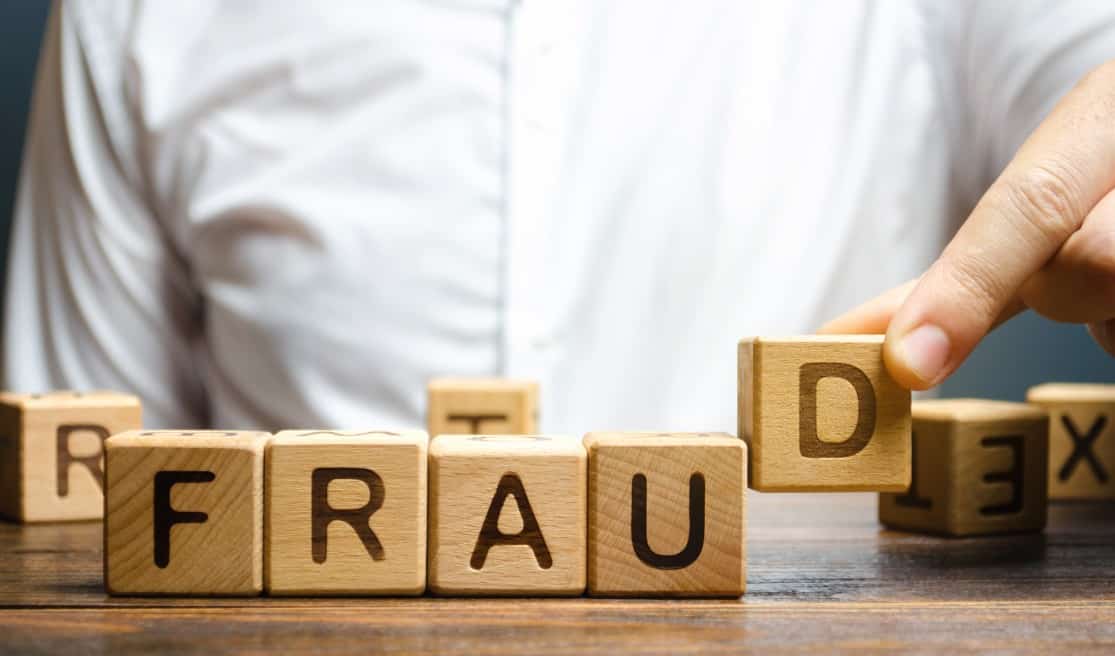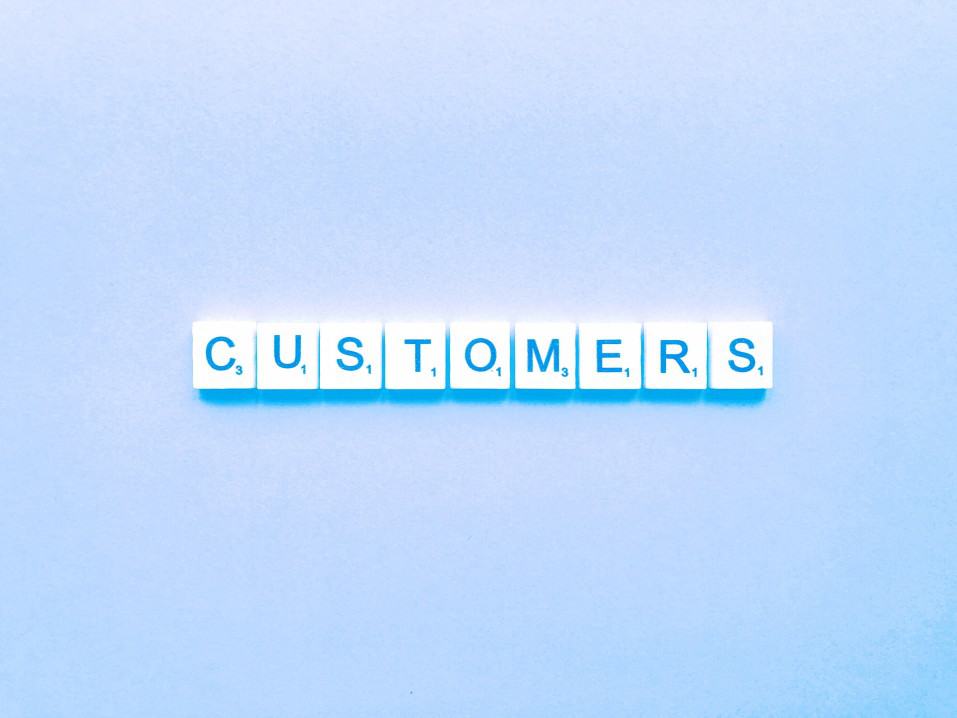It is estimated that in 2020 alone, US phone customers received an estimated 45.9 billion robocalls. The majority of these spam calls are made by spammers who utilize software dialers to connect and call as many numbers as possible. So what can you do about this? How can you stop these unwanted calls, and answer your phone with some peace of mind and protect your privacy as a consumer?
The following guide will provide you with the steps you can take to do just that.
Definition of Spam Calls
There are four main kinds of spam calls one can expect to receive:
- Telemarketers- Such calls are made by live salespeople calling with sales pitches of products or services from legally registered businesses. Though annoying, these calls are usually not fraudulent.
- Legal Robocalls- Not all robocalls are considered spam. People may often receive calls regarding bills, notifications, services, perhaps even calls to confirm a doctor’s appointment or school announcements. These calls are legal.
- Illegal Robocalls- You may often receive calls from sketchy sources regarding things you did not sign up for. These may include everything from student loan scams to auto-warranty calls. In fact, in one instance robocalls were going around to people telling them not to vote in the presidential election that was going on at the time. In certain instances, like the auto warranty call, for example, you may be instructed to select an option that redirects you to a live person, who will attempt to con you.
- Scam Calls- These are calls where a live person calls you and tries to attempt a scam. These sorts of calls may range from the auto warranty scams mentioned earlier, to even kidnapping scams. Robocall scams are so varied that the Federal Communications Commission (FCC) maintains a glossary of various iterations.
These sorts of calls have been going on for decades, however, the simplicity of the latest technology has caused them to increase dramatically in recent years. In an hour a single computer can make thousands of calls by utilizing Voice over Internet Protocol. In recent years, it has become a lot easier for scammers to con people by using technology that allows them to call people with a legitimate number displaying on the recipient’s Caller ID. This is known as Caller ID spoofing and it allows scammers to bypass lists that blacklist dubious numbers.
Related:
More than 4 million requests were received by the Federal Trade Commission (FTC) from phone users from December 2019 till the same month the following year, to be included in do-not-call lists. Around 71% of the complainants had received robocalls and 22% had been contacted by live callers. It is worth noting that the aforementioned figures only indicate the number of people who came forward and filed complaints with the FTC and FCC.
YouMail, an anti-robocall company estimated that 4.6 billion of its subscribers received scams or robocalls in February 2021 alone. In the same month, a similar company Robokiller estimated a 26% increase from the previous year with a staggering 5.8 billion spam texts. Robokiller estimates that by the end of 2021, spam call figures may reach as high as 70 billion while spam texts may reach as high as 90 billion by the end of the year.
The Reasons Behind Spam Calls
There may be several reasons for people to receive spam calls:
- Your country is being targeted from outside- Analysis by companies such as Truecaller has shown that spam calls are often made from outside the countries of people who receive such calls. Watch out for overseas calls, and if such calls continue persistently, consider blocking that country.
- Your phone number may have been leaked- Some dubious websites have been known to share any personal information that you may have entered on their site. This includes your phone number. Be sure to share your details only on trustworthy sites.
- Your caller ID/spam blocking app may simply be identifying more spam- People may often notice they receive more spam calls after installing caller ID apps like Truecaller. However, it might be that more spam calls are being identified by their app which may make it seem as if they are receiving more spam. This is of course good news rather than a cause for concern since one might easily avoid getting scammed this way and save a lot of time in answering dubious calls.
- Spam calls may increase during an election season- As mentioned earlier, it has become increasingly common to see a spike in unwanted political calls.
- It is the festive season- Around the time of festive occasions such as Christmas, there are often increased instances of mail-related fraud. For instance, people may receive calls requesting payment or customs duty, or import tax for a package. Such scams are particularly easy to fall for as many people may be expecting packages as Christmas gifts, etc. Be wary of any calls requesting such taxes or even advance payments. If it does seem to be a genuine postal or delivery service, you can check their website or even contact them directly to verify any such requests.
For the most part scam calls are not personal. Scammers usually pick out area codes and will sequentially dial numbers in that area code. They may also dial numbers at random. Several robocallers call random numbers to see if anyone picks up. They then sell these lists of numbers to other scammers. Similar tactics are also used with text messages. Scammers may often send out messages with links to see whether people click on the links in the messages or reply asking to opt-out.
It is also theoretically possible for robocallers to purchase phone number lists from legitimate sources to use in their scams. This may happen easily since there isn’t much oversight on how data is sold or shared once it is collected by companies.
Though most scammers target mobile customers at random, some have a more focused approach. In 2019, over 40,000 calls made in the first half of the year were analyzed in a survey conducted by First Orion, a company offering scam protection services. They also conducted a blind study of around 5000 US-based mobile subscribers who had been contacted by scam callers. In these studies, they found that in around 75% of the cases, scam companies already had the personal information of subscribers and utilized this to extract additional information which led to direct financial losses incurred by subscribers.
While customers have started to become wary of incoming calls from unknown numbers, scammers have kept pace by adopting a new tactic- enterprise spoofing. They impersonate legitimate businesses by spoofing their main number for outbound calls.
Common Types of Scams
- Bank Scams- These are used to access your bank account.
- Census Scams- Scammers may impersonate officials from the census department to get your personal information.
- Investment Fraud- You are promised high returns with minimal risk.
- Sweepstakes Scams- You may be informed that you have won a sweepstake and must either pay a fee or give out personal information to claim the prize. Robocalls are a common medium used for this.
- Charity Scams- Con Artists may take advantage of the generosity of people, especially during calamities and tragedies.
Common Signs of Scams
Here are some of the common signs of robocall scams.
Scammers Impersonate Reputable Organizations
In many instances, scammers may impersonate government employees or representatives calling you on behalf of institutions like the IRS, Social Security Administration, or Medicare. Or they may pretend to be calling from known businesses like a tech company, utility company, or solicit donations on behalf of charities. Some scammers will even make up fictitious names that sound official. The name and number you see on your caller ID may not be real as such scammers often utilize technology that changes these details.
You Are Informed of a Problem or Prize
The caller may tell you about fictitious problems like issues with your computer, or about an emergency affecting you or your loved ones. Another common pretext used is that there is an issue with an account you hold, and some information is required for verification. You may even be told that you have been blacklisted by the government, or you owe a certain sum of money. Other scammers may use a more positive approach telling you that you have won sweepstakes or lottery but a fee is required to collect your winnings.
You Are Pressured to Act Immediately
If the caller is pressuring you to act without giving you any chance to think about it, it is very likely a scam. Or they may try to dissuade you from hanging up. These are steps taken by them to ensure you do not have the time or opportunity to check up on them or verify their credentials. You might be told your computer is getting corrupted. You may even be threatened with lawsuits, arrest, deportation, confiscation of business or driver’s license, or deportation.
You Are Given Specific/Unusual Payment Methods
Scammers may frequently** **insist on payments made through gift cards or money transfer companies, etc. You may be sent a cheque with instructions to deposit it and then send money over to them. Sometime later you may find out the cheque was a fake.
Steps Against Scam Calls
Here are some steps to take to stop spam calls cold in their tracks.
Make A Complaint
Upon receiving a robocall or an obvious scam call, hang up immediately and report it to the FTC. You can make a report on their website at complaints.donotcall.gov. You may also contact them at 1-888-382-1222.
Contact Your Service Provider
If you continue to receive robocalls or scam calls, you can contact your service provider regarding this. Most mobile service and phone companies offer free products and services to help you deal with or block unwanted or nuisance calls.
Utilize Robocall-Blocking or Caller ID Apps
Call Blocking refers to devices or technologies that can halt most illegal robocalls and other unwanted calls before you even receive them. Landlines, mobile phones, and any phones that utilize the internet (VoIP) each have options for call-blocking. It is worth noting that if you avail of this option, even some legitimate calls may get blocked along with the spam. Call labeling is also offered by some companies. This facility will add categories such as “scam likely” or “spam” to any incoming calls. You may then decide if you wish to answer the call. You can download a call blocking app from an online app store. Some reputed call blocking apps include Robokiller, Nomorobo, YouMail, and true caller. However, it is important to note that all call blocking apps are effective, and some may even steal personal data on your phone. Be sure to look up expert reviews online before deciding on the right app for you.
Check out In-built Call Blocking On Your Phone
Cellphones often have in-built features in the menu that allow you to block certain numbers. However, there may be a limit to the numbers you can block using this feature. Many devices also have a do not disturb feature, which allows you to choose certain hours not to receive calls. They will be forwarded to voicemail.
Get on the Do Not Call List
You can have your mobiles or landlines included in the National Do Not Call Registry, which prevents telemarketers from placing calls to your registered numbers.
Steps to Identify Scammers
- Legitimate companies will not contact you via email, phone, or text to obtain your personal information like credit card details, social security, or your bank account. Should you receive a mail or text from a company that seems genuine to you, it would still be better to avoid clicking on their links. You can contact them through a trustworthy website or call them instead. Be sure not to use the number from your caller ID or any number the callers give you.
- Most businesses give you sufficient time to decide if you wish to buy their products or services. If someone is putting undue pressure on you to divulge personal information or make a purchase, they are most likely scammers.
- Talk to someone close to you like a neighbor, friend, or family member, and tell them about the call. This can help you decide whether it is a scam.





























![Best Amazon Review Checkers in [year] 22 Best Amazon Review Checkers in 2025](https://www.gadgetreview.dev/wp-content/uploads/best-amazon-review-checker-image.jpg)
![Best Renters Insurances in [year] 23 Best Renters Insurances in 2025](https://www.gadgetreview.dev/wp-content/uploads/best-renters-insurance-image.jpg)
![Best Computer Repair Kits in [year] 24 Best Computer Repair Kits in 2025](https://www.gadgetreview.dev/wp-content/uploads/best-computer-repair-kit-image.jpg)
![Best Smartphone Repair Kits in [year] 25 Best Smartphone Repair Kits in 2025](https://www.gadgetreview.dev/wp-content/uploads/best-smartphone-repair-kit-image.jpg)
![Best iPhone Repair Kits in [year] 26 Best iPhone Repair Kits in 2025](https://www.gadgetreview.dev/wp-content/uploads/best-iphone-repair-kit-image.jpg)
![Best Windshield Repair Kits in [year] 27 Best Windshield Repair Kits in 2025](https://www.gadgetreview.dev/wp-content/uploads/best-windshield-repair-kit-image.jpg)
![Best Dent Repair Kits in [year] 28 Best Dent Repair Kits in 2025](https://www.gadgetreview.dev/wp-content/uploads/best-dent-repair-kit.jpg)